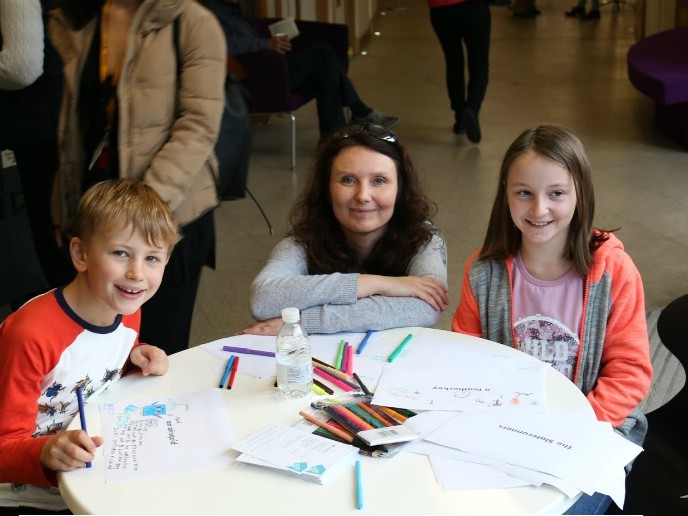Revealing the hidden dynamics of teacher educators’ professional practices
“In keeping with assumptions like these, there has been little need to pay any specific research attention to the knowledge and skills invested in the work, nor to support the development of such knowledge and skills with targeted professional development or induction opportunities,” says Eline Vanassche, a Marie Skłodowska-Curie fellow who initiated and led the EU-funded ReconTEP project. “There’s an increasing realisation of the importance of teacher educators’ practices and identities for the quality of what happens in our schools, and the urgent need to match this significance with research focusing directly on them.” The project followed up on this and concentrated on the professionalism of teacher educators, broadly defined as professionals involved in the initial preparation of student teachers. ReconTEP sought to understand the content of teacher educators’ professionalism by looking at how it actually operates in practice. “This wasn’t an interest in simply mapping and recording teacher educator activities, but in investigating why teacher educators act as they do and how this influences student teachers’ opportunities for learning,” adds Vanassche.
Understanding the complexity and contradictions in educating teachers
The researchers developed a novel theoretical framework to study professionalism from an enacted approach. “A concept of enacted professionalism gives centre stage to what teacher educators actually do in practice, at a particular moment in time, in a particular context,” explains Vanassche. “It concerns professionalism as performed by teacher educators, as engaged in their professional activities, versus a concept of teacher educator professionalism as what is demanded from teacher educators by reference to professional standards or findings from recent research.” She continues: “This reinterpretation of professionalism not only serves as a powerful theoretical and analytical resource for research on teacher educator professionalism, it also delivers a useful practical tool to support the professional development of this occupational group.” The research team implemented and tested the proposed theoretical framework in practice through a multiple case study that successfully combined the voices and experiences of 11 teacher educators, 22 student teachers and 22 school-based mentors. They gathered data by observing each teacher educator on a school visit to two student teachers. These observations were supplemented by extensive interviews with all involved stakeholders and analysis of materials like lesson observation forms and school policy documentation.
The empowering potential of educating teacher educators
“ReconTEP has been pivotal in further establishing this burgeoning research field by countering the belief that being a good primary or secondary teacher is necessary and sufficient preparation for educating teachers,” concludes Vanassche. It has also highlighted the need for targeted induction and ongoing professional development. “By revealing the specific content of their professionalism, ReconTEP unlocks powerful perspectives for teacher educators to unpack and understand possible tensions and threats to the effectiveness of their practice, as well as to actively work towards its improvement.” Results will directly inform initiatives to support teacher educators in their initial and ongoing education in improving the overall quality of teaching and learning in European schools. This research was undertaken with the support of the Marie Skłodowska-Curie programme.







